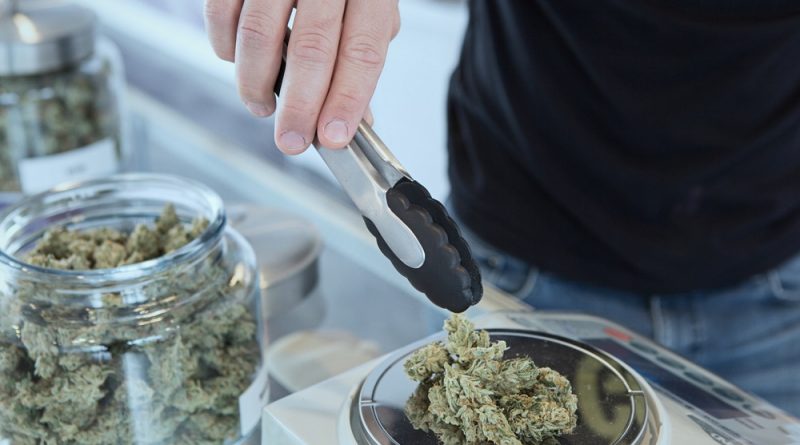Walking That Fine Line as Your Own Health Advocate
We have been hearing a lot in recent years about the need to be our own health advocates. In other words, we are encouraged to take an active role in maintaining good health while simultaneously working with our healthcare teams to make appropriate decisions. The idea is to stop deferring strictly to doctors and doing everything they say, no questions asked.
Being one’s own health advocate isn’t always the easiest thing to do. So many of us lack even a basic understanding of human health. We rely on doctors and nurses to be the experts. We rely on them to give us sound advice we can always trust. For many of us, questioning professional medical advice is out of the question.
How interesting that this does not seem to be a problem where medical cannabis is concerned. Think about it. Your typical family physician or GP doesn’t know the first thing about cannabis as a medicine. Doctors and nurses are not even trained in the human endocannabinoid system. When it comes to recommending medical cannabis, doctors are typically relegated to making decisions based exclusively on patient reports.
Getting a Medical Cannabis Card
Almost all the states with medical cannabis programs in place require patients to possess a valid medical cannabis card before they can buy their medications. That is certainly the case in Utah. If you were hoping to buy cannabis vaping liquids at a Utah dispensary like Beehive Farmacy, you would have to possess a valid card just to get in the door.
Utah maintains a list of qualifying conditions medical professionals must adhere to when they make medical cannabis recommendations. Furthermore, doctors can use every tool at their disposal to diagnose conditions on that list. But as to whether medical cannabis is appropriate, that is another question entirely.
Pain As a Qualifying Condition
Utah is similar to other states in that chronic pain is a condition that qualifies for medical cannabis. That’s all well and good, except for the fact that measuring the existence and severity of chronic pain is nearly impossible. There are not any definitive diagnostic tests doctors can run. They must rely on patient reports on:
- pain severity
- pain frequency
- how long pain has persisted.
Patients need only demonstrate that they suffer from a condition known to cause chronic pain. If a medical provider agrees that the condition is present, the question of whether medical cannabis is appropriate then becomes a matter of personal opinion. A medical cannabis card can be issued when doctor and patient are of the same opinion.
Advocating for Oneself
Imagine you are a chronic pain patient. You believe that you are your best health advocate. But like your doctor, you know very little about medical cannabis and its appropriateness for your condition. Yet you think it is your best avenue for relief. But why?
Perhaps you’ve heard other cannabis users tell you how well it works to relieve pain. Perhaps you’ve done extensive research on the topic. Whatever the case, you will not really know if the drug will work until you try it. That means it is back to you and your doctor coming to a decision based on your two opinions.
This can put patients in a precarious position. They don’t necessarily want to argue a doctor’s opinion, but they may be in a position of having to do so when it comes to medical cannabis. Of course, the principal certainly applies to other conditions and treatments. Being your own health advocate looks good on paper. Implementing it in practice might not be as black-and-white.

